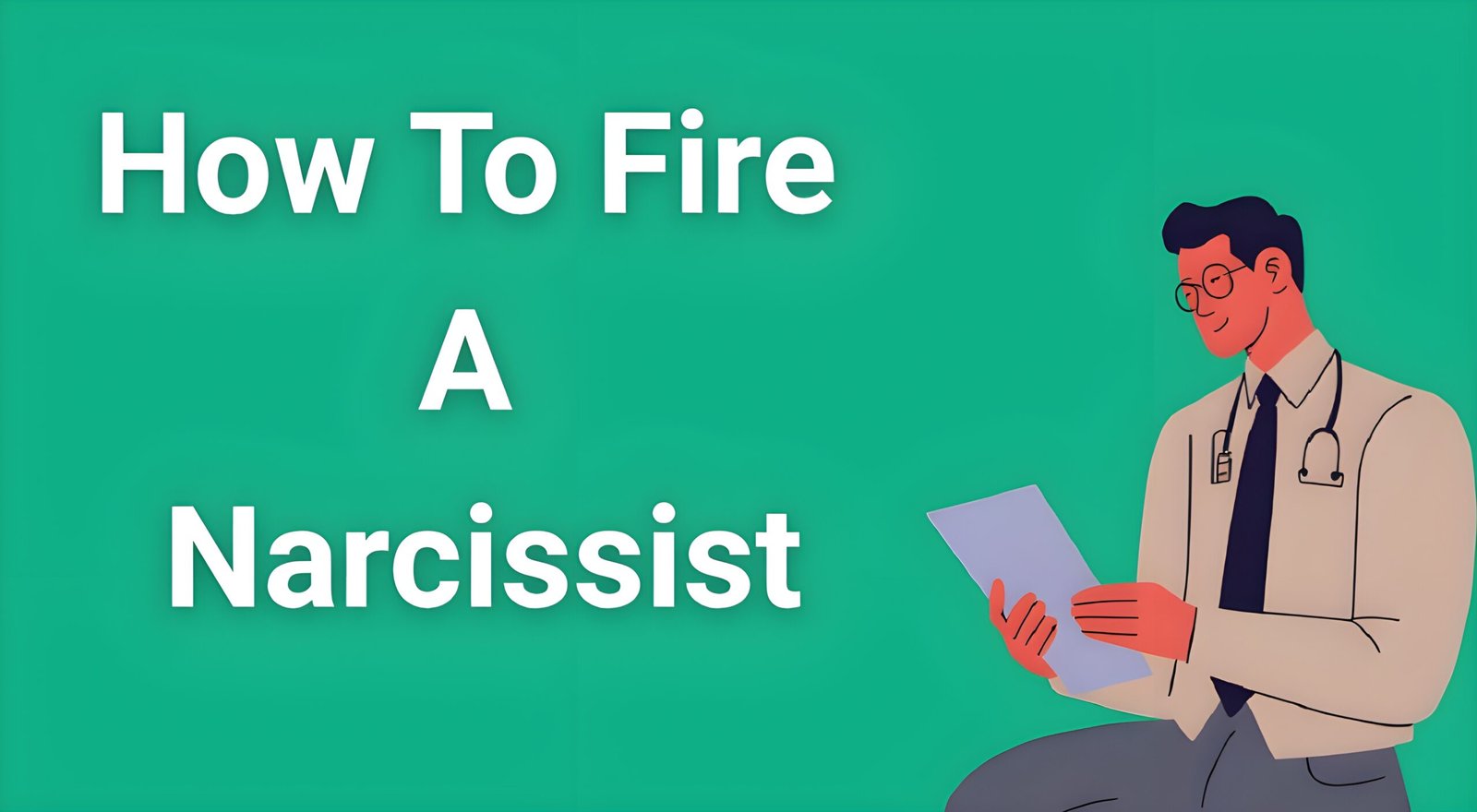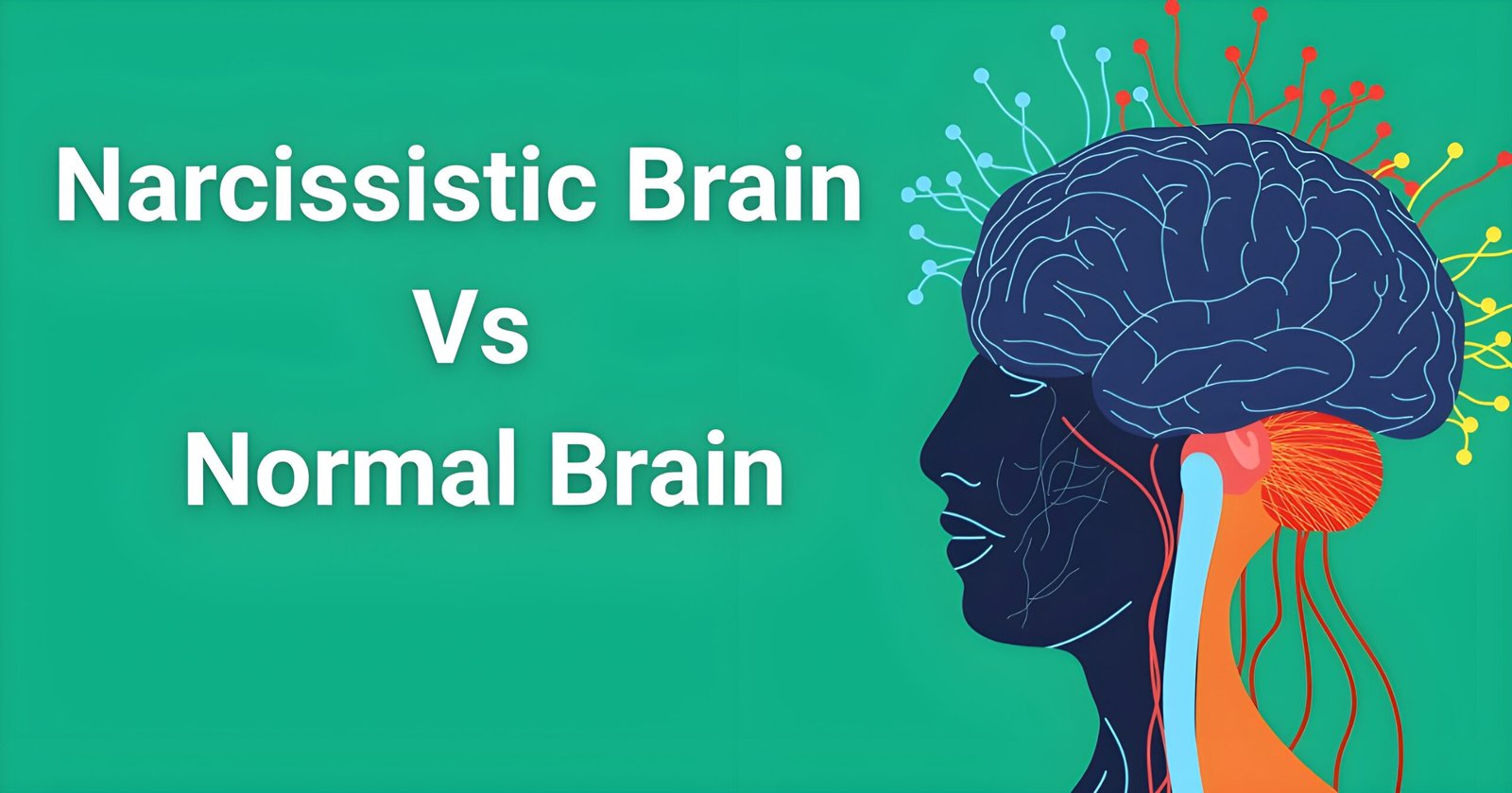Have you ever encountered someone who seems deeply insecure and sensitive, yet somehow always manages to make every conversation about themselves? You might be dealing with vulnerable narcissism traits that are far more common and destructive than most people realize. Unlike the loud, arrogant grandiose narcissist we typically picture, vulnerable narcissism hides behind a mask of self-doubt and emotional fragility, making it incredibly difficult to identify.
- What Are Vulnerable Narcissism Traits?
- The 13 Vulnerable Narcissism Traits You Must Recognize
- The Hidden Danger of Vulnerable Narcissism Traits
- How Vulnerable Narcissism Traits Affect Relationships
- Breaking Free from Vulnerable Narcissism Traits
- Professional Help and Resources
- Moving Forward with Knowledge and Strength
- Frequently Asked Questions
Understanding these vulnerable narcissism traits can be the difference between protecting your mental health and becoming trapped in a cycle of emotional manipulation and psychological abuse. The stakes couldn’t be higher—your sanity, relationships, and overall well-being hang in the balance when you fail to recognize these covert patterns of behavior.
What Are Vulnerable Narcissism Traits?
Vulnerable narcissism represents a subtype of narcissistic personality disorder that manifests through hypersensitivity, emotional instability, and hidden grandiosity. While grandiose narcissists display their superiority openly, individuals with vulnerable narcissism traits operate more covertly, using their apparent vulnerability as both a shield and a weapon.
These covert narcissistic patterns emerge from deep-seated insecurity and a fragile sense of self-worth. The person appears modest or even self-deprecating on the surface, but beneath this facade lies the same core narcissistic need for admiration, control, and superiority that defines all narcissistic behavior.
Research shows that vulnerable narcissism traits often develop during childhood due to inconsistent parenting, emotional neglect, or trauma. The resulting personality combines intense self-focus with extreme sensitivity to criticism, creating a particularly challenging dynamic for anyone who becomes involved with them.
The 13 Vulnerable Narcissism Traits You Must Recognize
1. Hypersensitivity to Criticism
The most prominent of all vulnerable narcissism traits is an extreme reaction to any form of feedback or criticism. Even constructive suggestions feel like personal attacks to someone with these patterns. They may shut down completely, become defensive, or launch into lengthy explanations about why the criticism is unfair.
This hypersensitivity extends beyond direct criticism to perceived slights or imagined rejections. They might interpret neutral facial expressions as disapproval or read negative intent into innocent comments. This trait makes healthy communication nearly impossible, as walking on eggshells becomes the norm.
2. Constant Need for Validation and Reassurance
Individuals displaying vulnerable narcissism traits require continuous external validation to maintain their fragile self-esteem. They frequently seek reassurance about their worth, appearance, decisions, or performance. This need never feels satisfied—no amount of praise or validation ever seems to be enough.
You might notice them fishing for compliments, repeatedly asking if they did something correctly, or seeking confirmation that you still care about them. This insatiable hunger for validation can be emotionally exhausting for those around them.
3. Victim Mentality and Self-Pity
One of the most manipulative vulnerable narcissism traits involves consistently portraying themselves as the victim in every situation. They have an uncanny ability to reframe any scenario to position themselves as the wronged party, regardless of their actual role in creating the problem.
This victim mentality serves multiple purposes: it deflects responsibility, garners sympathy, and allows them to avoid accountability for their actions. They often have dramatic stories of how others have mistreated them, yet these patterns seem to repeat across multiple relationships and situations.
4. Emotional Volatility and Mood Swings
Emotional instability ranks among the most disruptive vulnerable narcissism traits. Their moods can shift rapidly and dramatically, often triggered by minor events or perceived slights. One moment they might seem fine, and the next they’re in the depths of despair or rage.
These emotional outbursts often feel disproportionate to the triggering event, leaving others confused and walking on eggshells. The unpredictability creates an atmosphere of tension and anxiety for everyone involved.
5. Passive-Aggressive Behavior
Rather than expressing anger or dissatisfaction directly, individuals with vulnerable narcissism traits often resort to passive-aggressive tactics. They might give you the silent treatment, make sarcastic comments, or engage in subtle sabotage when they feel hurt or angry.
This indirect expression of hostility is particularly harmful because it’s difficult to address directly. When confronted, they often deny any negative intent, leaving you questioning your own perceptions.
6. Covert Grandiosity and Entitlement
While they may not display obvious arrogance, vulnerable narcissism traits include a hidden sense of specialness and entitlement. They might believe they’re more sensitive, more artistic, or more emotionally deep than others, even while appearing self-deprecating.
This covert grandiosity shows up in subtle ways: expecting special treatment, believing rules don’t apply to them, or feeling that their problems are uniquely difficult or important compared to others’.
7. Social Withdrawal and Isolation
Unlike grandiose narcissists who seek attention through extroverted behavior, those with vulnerable narcissism traits often withdraw from social situations to protect their fragile ego. They may avoid gatherings where they might face criticism or comparison to others.
This social withdrawal isn’t driven by genuine introversion but by fear of exposure or rejection. They prefer smaller, more controlled environments where they can better manage how others perceive them.
8. Exploitation of Others’ Empathy
One of the most insidious vulnerable narcissism traits involves skillfully exploiting the compassion and empathy of others. They present their struggles and pain in ways that compel others to provide emotional support, time, and resources without reciprocation.
They have an intuitive understanding of how to trigger caregiving responses in empathetic people, often targeting those who naturally want to help and heal others. This creates one-sided relationships where their needs always take precedence.
9. Inability to Genuinely Empathize
Despite appearing sensitive and emotional, individuals with vulnerable narcissism traits struggle with genuine empathy. They may seem to understand others’ feelings, but their responses are typically self-referential or designed to redirect attention back to themselves.
When you share your own struggles, they often respond by sharing a similar but supposedly worse experience of their own. This pattern reveals their fundamental inability to truly connect with or care about others’ experiences.
10. Chronic Feelings of Emptiness and Boredom
Vulnerable narcissism traits include persistent feelings of inner emptiness and chronic boredom. Without constant external stimulation or validation, they feel lost and purposeless. This emptiness drives many of their attention-seeking behaviors and emotional manipulation tactics.
They often describe feeling hollow or like something essential is missing from their lives, yet they struggle to identify what that might be or take meaningful steps to address it.
11. Difficulty Maintaining Long-Term Relationships
The combination of these vulnerable narcissism traits makes it nearly impossible to maintain healthy, long-term relationships. Their patterns of behavior eventually wear down even the most patient and understanding partners, friends, or family members.
They often have a trail of broken relationships and can’t understand why people eventually distance themselves. They typically blame others for these failures rather than examining their own contribution to the relationship problems.
12. Subtle Manipulation and Guilt-Tripping
Manipulation through guilt and emotional pressure represents one of the most harmful vulnerable narcissism traits. They’ve mastered the art of making others feel responsible for their emotions and well-being. Phrases like “I guess I’m just a terrible person” or “I don’t know why I even try” are common manipulative tactics.
This emotional manipulation is often so subtle that victims don’t recognize what’s happening until they find themselves constantly apologizing or trying to fix the person’s emotional state.
13. Inability to Accept Responsibility
Perhaps the most defining of all vulnerable narcissism traits is the complete inability to accept genuine responsibility for their actions or their impact on others. They might offer superficial apologies, but these typically come with explanations that shift blame or minimize their role.
When confronted with the consequences of their behavior, they often respond with increased victimization, claiming they’re being unfairly blamed or attacked. This pattern prevents any genuine growth or change from occurring.
The Hidden Danger of Vulnerable Narcissism Traits
The most dangerous aspect of vulnerable narcissism traits lies in how easily they can be mistaken for genuine sensitivity or emotional depth. Well-meaning people often find themselves drawn into these relationships, believing they can help heal the person’s pain or provide the understanding they seem to crave.
However, the reality is that individuals with these traits aren’t actually seeking healing or genuine connection. They’re seeking narcissistic supply—the constant flow of attention, validation, and emotional energy that keeps their fragile self-image intact. No amount of love, support, or understanding will ever be enough because the problem isn’t external circumstances but internal personality patterns.
How Vulnerable Narcissism Traits Affect Relationships
Relationships with individuals displaying vulnerable narcissism traits follow predictable patterns that can be devastatingly harmful to partners, friends, and family members. The cycle typically begins with intense bonding, where the vulnerable narcissist’s apparent sensitivity and depth create a strong emotional connection.
As the relationship progresses, the demanding nature of their emotional needs becomes apparent. Partners find themselves constantly managing the person’s moods, providing reassurance, and sacrificing their own needs to maintain peace. The relationship becomes increasingly one-sided, with all emotional energy flowing toward the vulnerable narcissist.
Over time, this dynamic creates what experts call a trauma bond—a psychological attachment formed through cycles of emotional highs and lows. The intermittent reinforcement of good moments mixed with emotional turmoil creates an addictive pattern that can be extremely difficult to break.
Breaking Free from Vulnerable Narcissism Traits
If you recognize these patterns in someone close to you, understanding that change is extremely unlikely without professional intervention is crucial. Vulnerable narcissism traits are deeply ingrained personality patterns, not temporary emotional states that will improve with enough love or support.
The most important step you can take is establishing firm boundaries and protecting your own emotional well-being. This might involve limiting contact, refusing to engage in emotional manipulation, or seeking support from others who understand these dynamics.
For those who suspect they might display some of these traits themselves, the journey toward change requires brutal honesty, professional guidance, and a genuine commitment to personal growth. The process is challenging but not impossible with the right support and therapeutic intervention.
Professional Help and Resources
Dealing with vulnerable narcissism traits—whether in yourself or others—often requires professional guidance. Mental health professionals experienced in personality disorders can provide crucial insight and strategies for managing these complex dynamics.
If you’re struggling to understand whether you’re experiencing narcissistic abuse or dealing with someone who displays these traits, getting an expert analysis of your specific situation can provide the clarity you need. Sometimes having an objective professional examine your relationship patterns and help you understand what you’re truly dealing with makes all the difference in moving forward.
For those trapped in trauma bonds with individuals displaying vulnerable narcissism traits, specialized recovery approaches that address the neurological aspects of these attachments tend to be most effective. Traditional willpower-based methods rarely work because trauma bonds function like addiction in the brain, requiring specific interventions that address the underlying psychological and neurological patterns.
Moving Forward with Knowledge and Strength
Recognizing vulnerable narcissism traits is the first crucial step toward protecting yourself and making informed decisions about your relationships. Armed with this knowledge, you can identify these patterns early and avoid becoming entangled in emotionally destructive dynamics.
Remember that your mental health, emotional well-being, and personal growth should never be sacrificed for someone else’s inability to address their own psychological issues. While compassion for others’ struggles is admirable, it should never come at the expense of your own emotional safety and stability.
The journey to freedom from these dynamics isn’t easy, but it’s absolutely possible with the right knowledge, support, and commitment to your own well-being. Your life, happiness, and relationships are worth protecting from those who would exploit your empathy and kindness for their own emotional needs.
Frequently Asked Questions
Q: Can someone with vulnerable narcissism traits change? A: While change is theoretically possible, it requires intensive therapy, genuine self-awareness, and a sincere desire to change. Unfortunately, most individuals with these traits lack the insight necessary to recognize their patterns or commit to the difficult work of personality change.
Q: How do vulnerable narcissism traits differ from regular insecurity? A: Normal insecurity involves occasional self-doubt and desire for reassurance, while vulnerable narcissism traits include manipulation, inability to empathize genuinely, and exploiting others’ compassion consistently over time.
Q: Is vulnerable narcissism the same as covert narcissism? A: These terms are often used interchangeably, though some experts consider vulnerable narcissism a specific subset of covert narcissism. Both involve hidden grandiosity and manipulation disguised as sensitivity.
Q: Can therapy help someone in a relationship with a vulnerable narcissist? A: Absolutely. Therapy can help you understand the dynamics, develop healthy boundaries, and make informed decisions about your relationships. Individual therapy is often more beneficial than couples therapy in these situations.
Q: How can I protect my children from someone with vulnerable narcissism traits? A: Establishing clear boundaries, teaching children about healthy vs. unhealthy behavior patterns, and potentially limiting contact may be necessary. Professional guidance is recommended when children are involved.
Your journey toward understanding and healing from these complex relationship dynamics deserves support, validation, and expert guidance. You’re not alone in this experience, and with the right knowledge and tools, you can reclaim your emotional freedom and build the healthy relationships you deserve.






